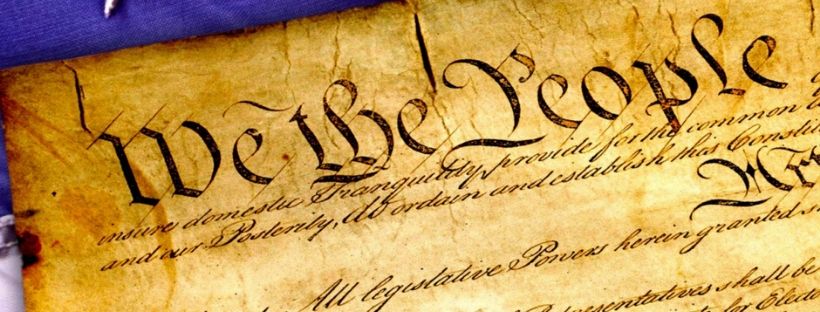Blog
States’ Right to Recall

February 19, 2020
One side called him, “One of those ambitious politicians!” “A Party Scavenger,” a “popularity seeker,” and urged him to “Return to thy Country! Assist not in its destruction! Consider the consequences!” The other side called him “a fair and honorable man,” an “independent” man, “the greatest ornament and the ablest member of the American Senate, who if he but persists in his dignified course must one day attain to the highest station in our republic.” Of course, I’m referring to John Quincy Adams, the senator from Massachusetts in 1808, who effectively was recalled from office for voting against his political party, the Federalists.
As Congress grows increasingly out of touch with the people who elect them, states need to assert the right to recall all of their elected officials, including United States senators.
“We, the People” established this country and delegated limited powers to the federal government. It is time for states to exercise their 10th Amendment rights and limit the power of the federal government. One important way to do that is through recalling U.S. senators who vote against their constituents during their lengthy terms. While no member of Congress has ever been recalled from office, that doesn’t mean reforms aren’t necessary—especially when it comes to the Senate.
Thirty-nine states have provisions allowing for the recall of some elected officials. The traditional view of federal recalls has been that the Constitution mentions “Expulsion of a Member of Congress” in Article I, section 5, clause 2 and the courts have deferred to the congressional practice of letting Congress decide how expulsion works.
There is a case to be made, however, for the removal of senators via recall (which is different from an expulsion).
